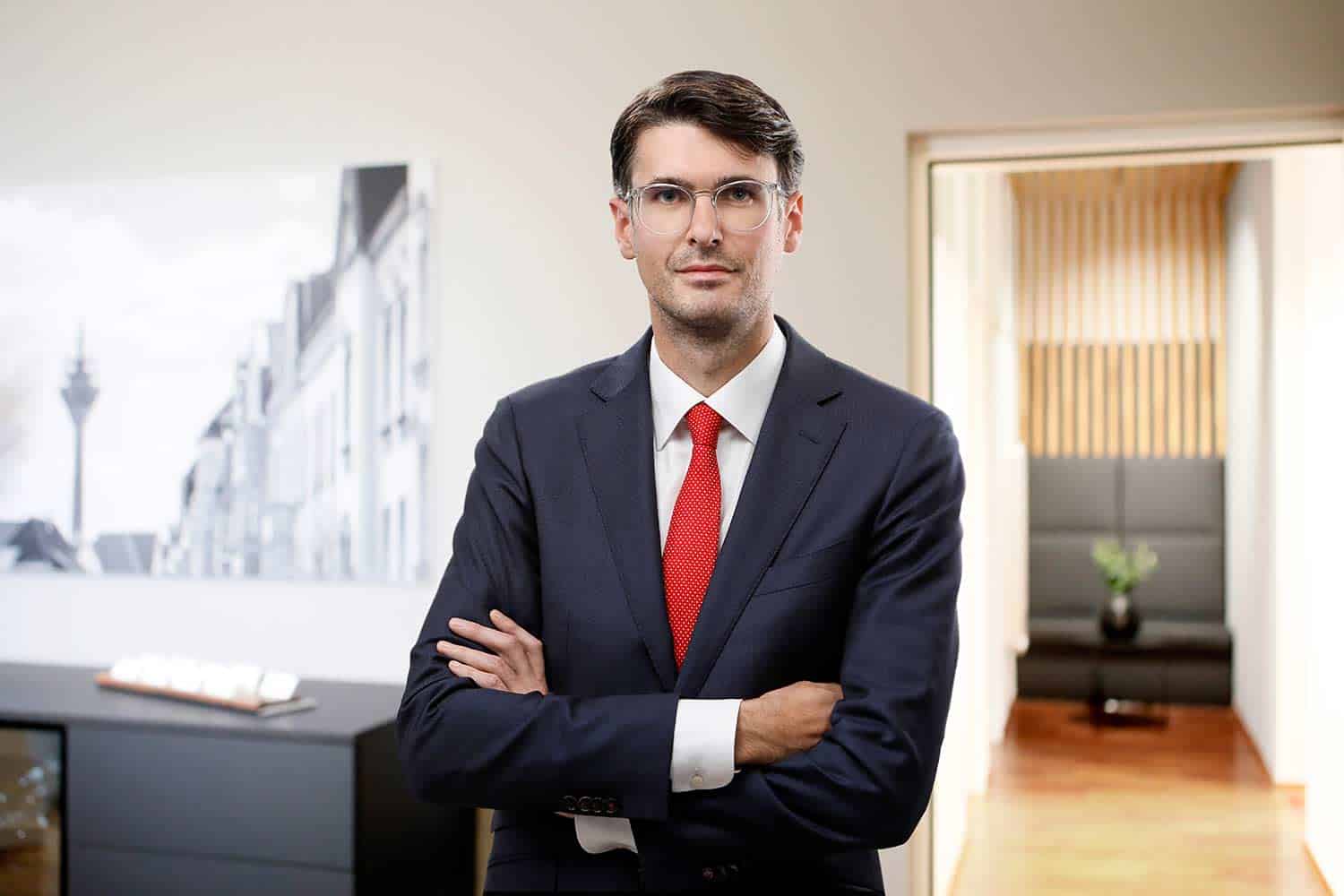Family endowments are becoming increasingly popular because there can often be a lack of descendants in one’s own family business and there may be a desire to be involved in charitable work. The establishment of such an endowment can be advisable for a wide variety of reasons. The aim may be to preserve the family assets beyond the outgoing generation, prevent inheritance disputes, secure business succession, or prevent creditors from seizing the family assets. However, the different foundation types require knowledge of the complex foundation and tax law standards.
Schlun & Elseven Rechtsanwälte offers expert and committed legal advice and representation in all matters relating to foundation law – both for foundation founders and foundation bodies and boards. We support you in establishing and administrating your foundation – regardless of its legal form and purpose. Our German foundation law lawyers will be happy to explain how you can best protect your private and business assets and find a foundation model customised to your situation. We will work on your behalf to ensure that your rights and interests as a founder are always protected.
What is a Family Endowment?
A foundation is an institution that serves a specific purpose by means of endowed assets. Distinct types of foundations exist depending on the legal form and purpose. According to the Federal Association of German Foundations, there are more than 25,000 foundations with legal capacity throughout Germany, 90% of which pursue a charitable purpose, and around 2/3 of all founders are private individuals.
The term family endowment is not legally defined. A family endowment is also an inheritance foundation, as it is often used for inheritance matters. In any case, the foundation represents an institution with assets that permanently serve a family’s interests. The institution’s purpose is primarily to safeguard the interests of several families or a family business.
Regardless of the form chosen for the family foundation, it should be noted that it does not pursue a charitable purpose. Instead, it follows a private economic purpose and thus violates the non-profit status in Section 51 of the German Fiscal Code (AO). Such a violation is legitimate, however, provided the purpose remains altruistic. Accordingly, family foundations may not pursue the goal of increasing their assets in any form. The stated purpose of this type of foundation is thus to secure the succession of assets or businesses. Private and economic goals are therefore pursued. Due to their private-benefit status, family foundations are also generally subject to tax.
Founders can contribute private or business assets to the foundation during their lifetime or in the event of an inheritance. These beneficiaries can receive allocations from the foundation’s regular income, such as company profits. In the case of family foundations with real estate assets, the beneficiaries benefit from the income generated from leases and rental agreements and the proceeds from the sale of other properties.
Establishing a Family Endowment
The establishment of a family endowment takes place in five steps. First, a foundation concept and articles of association must be drafted. In this course, the founder must determine the foundation’s purpose. Since a family foundation pursues private and economic purposes, it protects its business and assets. In addition, the name and seat of the foundation, as well as the beneficiaries, must be named in the draft.
The composition of the foundation bodies follows the draft. In particular, the foundation board (as the managing body) and the foundation advisory board must be appointed. The latter has a supervisory function.
Then, the founder’s private or business assets are contributed to endow the foundation with capital. This amounts to at least 50,000 €.
After the first three steps for establishing a family endowment have been fulfilled, the application for such an endowment is submitted to the competent authority. The application must be signed by the founder and submitted in writing. The articles of association must be enclosed with the application to establish an endowment.
Finally, the competent authority approves the establishment of the endowment. The recognition by the authority gives the family endowment legal capacity, which results in a claim for the transfer of the foundation’s assets.
The establishment of a family endowment requires thorough planning and preparation. If you are toying with such a thought, please do not hesitate to contact us. Establishing an endowment usually involves enormous organisational and legal work, so we recommend consulting an experienced lawyer.
For further information, please also visit our page on German foundation law.
Why should you establish a Family Foundation?
- Long-term cohesion of assets
- Protection from creditors (asset protection)
- Inheritance tax structuring
- Income tax advantages
- Continuation of assets and company
- Long-term protection of family members
- Self-determination of the founder
- Avoidance of inheritance disputes
- Simple formation
- No commercial register entry and balance sheet obligation
- Liability only up to the foundation’s assets
- Tax advantages depending on the structure
Tax Liability when Establishing the Family Foundation
Tax liability arises for the first time when a foundation is established, and the foundation assets are transferred. First of all, the gift tax is due. It should be borne in mind that taxation depends on the relationship to the founder, as the relevant tax-free allowance may exclude taxation. The tax rate and the allowance vary depending on the relationship and the time of claiming the allowance. Higher allowances apply only at the time of the foundation’s establishment. Beneficiaries of tax class I are entitled to an allowance of up to € 500,000. This refers to spouses and direct descendants. The tax-free amount for tax class III, on the other hand, is € 20,000.
However, the transfer of real estate as part of the endowment of the foundation’s capital at the time of its establishment is exempt from taxation in any case, as this is a gift or inheritance within the meaning of Section 7, paragraph 1, no. 8 of the Inheritance Tax and Gift Tax Act (ErbStG) (cf. Section 3, no. 2 of the Real Estate Transfer Tax Act (GrEStG)).
Taxation after the Establishment of the Foundation
According to Section 1 of the German Corporation Tax Act (KStG), foundations are subject to unlimited corporation tax. Under Section 23 para. 1 KStG, corporation tax amounts to 15% of the taxable income. However, an exemption amount of € 5,000 must also be considered (cf. Section 24 KStG).
In order not to completely avoid paying inheritance tax, the assets of a family endowment are also subject to the so-called inheritance substitute tax every 30 years (cf. Section 1 para. 1 no. 4 ErbStG).
Also, distributions to the beneficiaries of the family endowment are taxed with the capital gains tax according to Section 43 et seqq. of the German Income Tax Act (EStG).
If you have any questions about the tax regulations applicable to you and would like personal legal advice, please do not hesitate to contact us.

Practice Group: German Foundation Lawyers
Practice Group:
German Foundation Lawyers
Contact our German Foundation Lawyers
Please use our online form to outline your request to us. After receiving your request, we will make a brief initial assessment based on the facts described and provide you with a cost offer. You can then decide whether you would like to engage our services.










